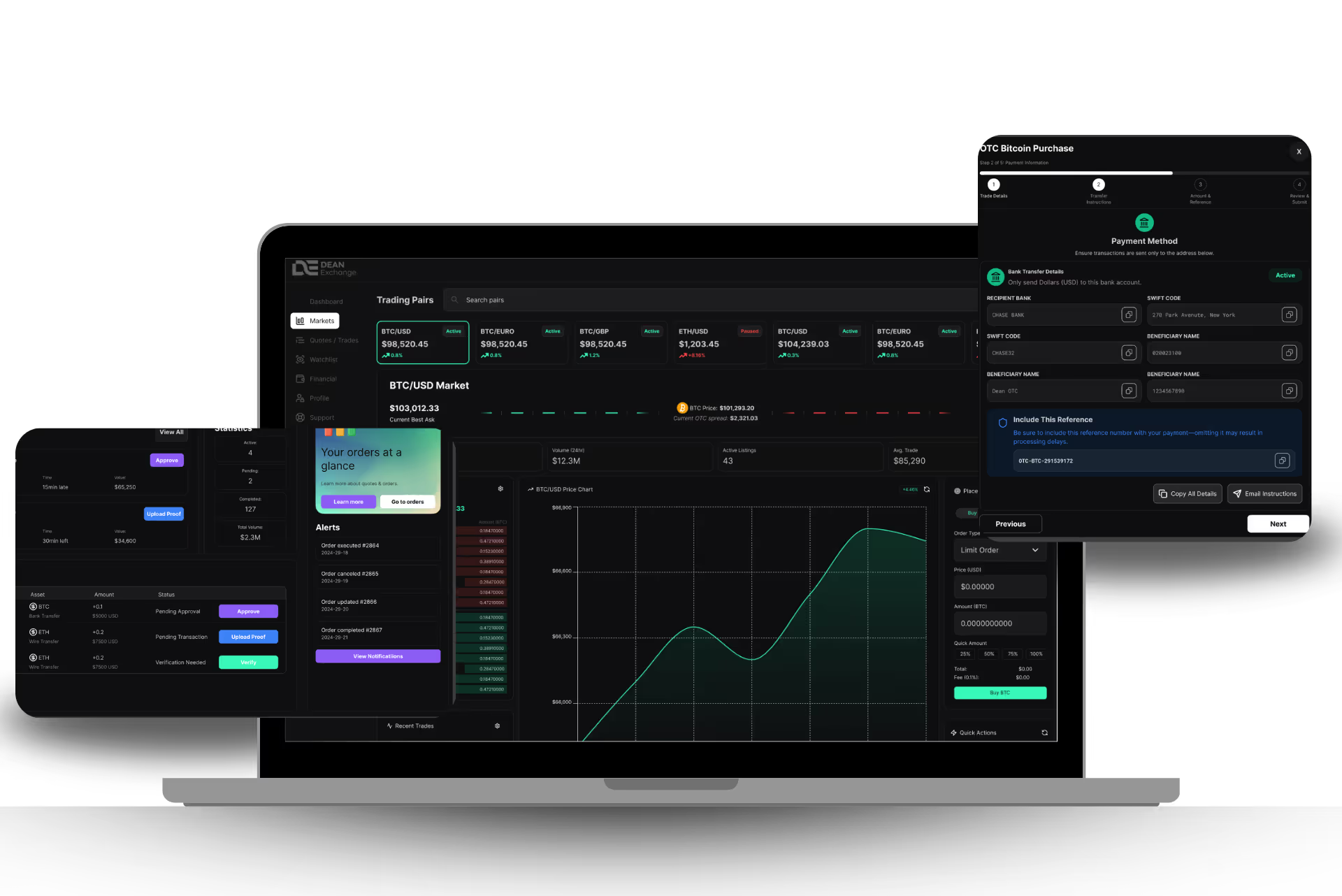By the
This is some text inside of a div block.
This is some text inside of a div block.
•
5
min read

The New Business Efficiency Engine
In today’s fast-moving world, time is capital and inefficiency is expensive. Smart contracts are quickly emerging as one of the most powerful tools in blockchain technology, offering businesses a way to automate agreements and transactions without third parties or manual oversight.
In this article, we explore how smart contracts are cutting costs, saving time, and redefining trust in business.
What Are Smart Contracts?
Smart contracts are self-executing digital agreements coded on a blockchain. When predefined conditions are met, the contract triggers actions—like releasing payment, updating a ledger, or activating access.
Unlike traditional contracts that require lawyers, banks, or escrow services to enforce terms, smart contracts rely on code and cryptographic security.
They serve as the backbone of decentralized applications and automate countless business processes. Their transparent, tamper-proof nature ensures that all parties are held accountable and that the terms of the contract are executed exactly as programmed. This removes the need for manual oversight, reduces the risk of fraud, and builds trust in systems without relying on intermediaries.
Key Benefits:
Real-World Use Cases of Smart Contracts
Smart contracts eliminate the need for manual invoicing or reminders. When milestones or delivery terms are verified, payment is released instantly—no follow-up emails, no delays.
Example: Freelancers and service providers can be paid immediately upon task completion.
This not only accelerates cash flow but also improves trust between clients and contractors. Businesses can maintain seamless payment workflows, reduce disputes over payment terms, and gain real-time financial transparency without relying on traditional banking delays.
Blockchain-powered smart contracts can automatically confirm deliveries, update shipment records, and notify stakeholders.
Example: A smart contract tied to IoT sensors releases payment when a shipment reaches its destination under proper conditions.
This level of automation minimizes fraud, human error, and delivery disputes. It enhances accountability across supply chain participants and ensures quality assurance from origin to destination, reducing the need for intermediaries and audits.
Skip the notary. Smart contracts can automate real estate sales, escrow releases, and title transfers securely and transparently.
Example: A buyer sends crypto to a contract, which holds funds until ownership is verified and confirmed.
This digitized workflow accelerates traditionally slow transactions, reduces paperwork, and cuts out unnecessary legal fees. It ensures that both parties meet their obligations before the property changes hands, with the blockchain serving as an immutable ledger of ownership.
Claims can be triggered and processed automatically when criteria are met—like weather data for crop insurance or medical data for health claims.
Smart contracts streamline insurance processes by using real-world data (via oracles) to validate claims instantly. This reduces the time it takes to process payouts, minimizes fraudulent activity, and creates a more customer-friendly experience.
How Smart Contracts Reduce Business Costs
Smart contracts replace hours of manual work with instant execution. By removing the need for external enforcement mechanisms, businesses save on fees, reduce operational risks, and gain faster ROI. Even small companies can now scale with fewer resources by automating critical back-office functions.
Speed: From Weeks to Seconds
A traditional B2B contract could take days or weeks to draft, negotiate, sign, and execute. A smart contract, once created, operates in seconds. This is transformative for industries that depend on speed and volume, such as:
This agility not only boosts competitiveness but also enables rapid experimentation and adaptation. In high-volume environments, smart contracts drastically cut cycle times, allowing businesses to respond quickly to market changes and operational demands.
Challenges and Considerations
Smart contracts aren’t without hurdles:
To safely implement smart contracts, businesses must invest in code audits, stay updated with legal frameworks, and use reliable data feeds (oracles). As the technology matures, tools and best practices continue to evolve, enabling safer and more dynamic smart contract applications.
How to Start Using Smart Contracts in Your Business
Adopting smart contracts begins with understanding your business workflows. Focus on small, non-critical functions to test feasibility, then scale up once you validate the value. Partnering with experienced blockchain developers ensures you build with security and compliance in mind.
Conclusion: The Autonomous Future of Business
Smart contracts are reshaping how companies manage operations, cutting inefficiencies at their root. Whether it's reducing friction in payments, eliminating paperwork, or improving accountability, these blockchain tools offer a future where business flows without friction.
At Dean Exchange, we empower founders and teams to implement blockchain solutions that drive real-world value.
Join our live session on smart contracts in action and discover how your business can benefit.


Join our newsletter for exclusive insights, breaking crypto trends, and learning opportunities—delivered straight to your inbox.